How do I make sense of my leadership journey?
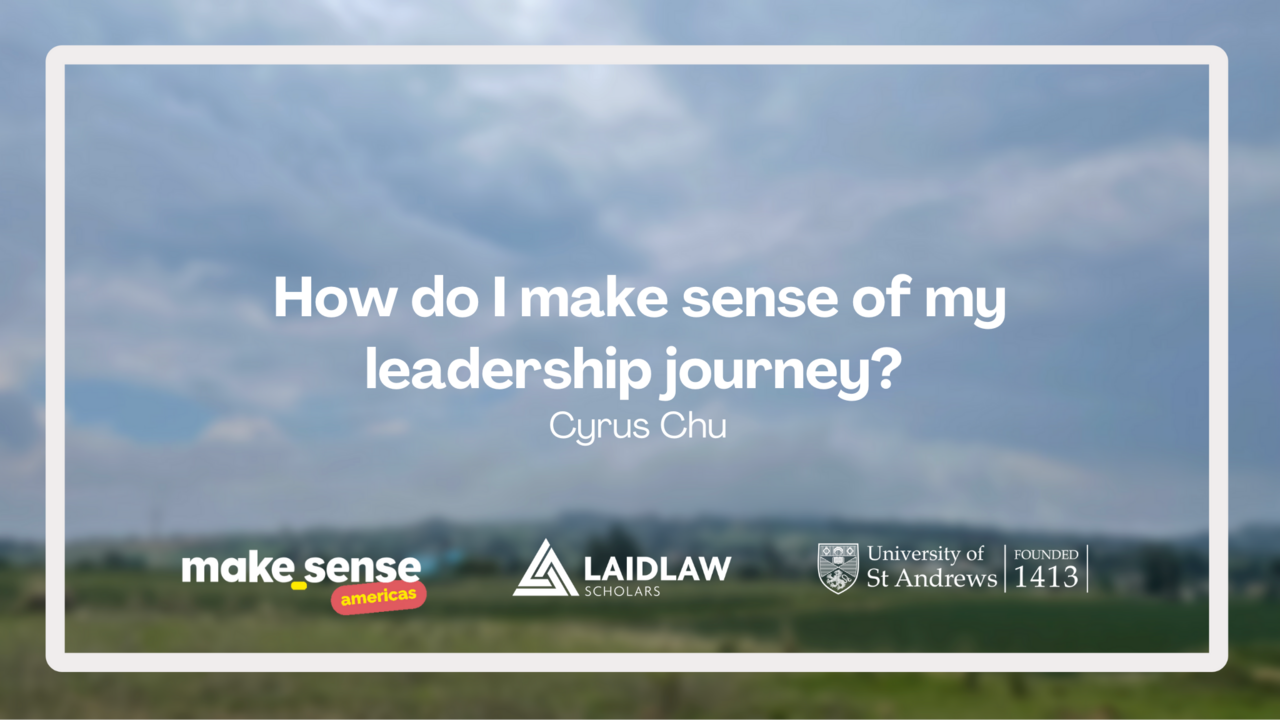
Over the past six weeks, I participated in the makesense re_action for impact project for my Leadership-in-Action project. It was a fruitful, and dare I say, lifechanging experience. In my reflection, I'd like to talk about the programme, including how it improved me as a leader and as a person; my experiences of being a foreigner in Mexico City, and how I think being a Laidlaw Scholar will help me in the near future.
Before the program
Before the program, all I knew about the program was that by the end, I was to finish a massive project with the NGO we were assigned to after six weeks. The only things I knew about the project was that I was assigned to an NGO called Nidaria, an NGO turning food waste into animal feed for farmers in Xochimilico, the bread basket of Mexico City.
I was in a program that I didn't know much about, in a city I didn't know much about, surrounded by people I didn't know much about. For a few days, I felt like I was truly alone, in a foreign land. I was scared. Thus began my first, and most important lesson in Mexico City: how I could adapt to new and unseen environments, and talk to people (as an introvert, this was definitely the hardest challenge I had to face so far!)
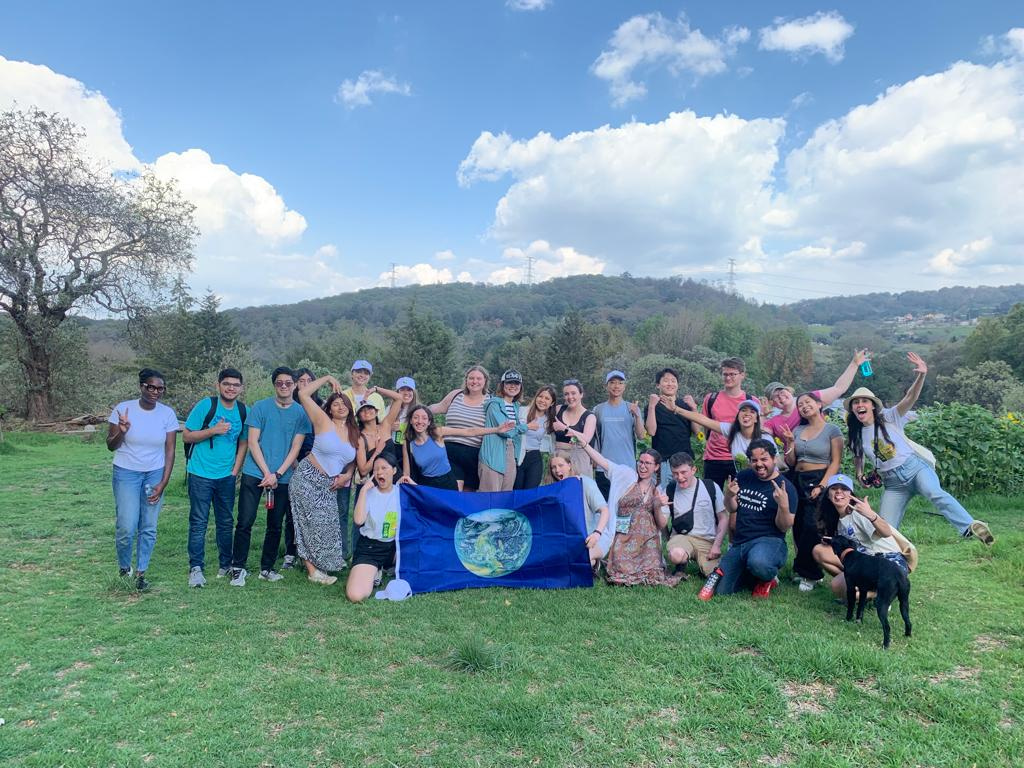
The Program
Despite my fears, we were thankfully very well supported along the way, and the makesense staff made sure that we were very well equipped along the way. We had to undergo a series of design thinking trainings, which taught us how to design and execute a project in the real world, from setting reasonable goals, formulating our projects around the user and prototyping our project to how we can care for and lead our volunteers - which influenced how I thought about the project a lot.
We also had the opportunity to get to know two brilliant people, Ana Gargollo & Carlos Madrigal, who talked to us about climate change and the indigenous communities in Mexico respectively, and how unique the situation is compared to the rest of the world. We were taught the concept of FPIC - free, informed prior consent, and how we could learn about and assist indigenous communities.
These talks came in particularly useful when we went to visit two very distinct areas in Mexico. For the climate change component, we visited Nuestro Huerto, a farm and a community in Xochimilico, which was very insightful as to how some food is produced in Mexico City, especially since the organization we are working with will benefit producers in the local area. For the indigenous communities component, we attend a workshop with an indigenous Manzhua community - which was a truly unique experience, as we had the opportunity to peer into how local communities lived, and their struggles in passing on their indigenous language (as opposed to Spanish) and culture.
A part of the city I was particularly inspired by was Huerto Roma Verde - where I visited many times during work, as well as after work. If I were to describe this place with one word - it would be "laboratory". Born as a citizen initiative and a community garden on an abandoned piece of land in the middle of the urban sprawl, Huerto Roma Verde is a laboratory for a completely different way of life - one that is sustainable and independent. Its modus operandi is that "people who use that space should manage that space" - and it's ran by the community without government interference, to the point where it is disconnected from the sewage, water and electrical network - rainwater is harvested and treated for drinking, and sewage is passed through biodigestors to generate biogas, powering the compound. It is also a comprehensive recycling center, as well as provides entertainment and education in the form of workshops, concerts, plays and markets. It's very interesting to see a place so beautiful and so resilient in the middle of a busy city, and it inspires me to take action over the past few weeks.
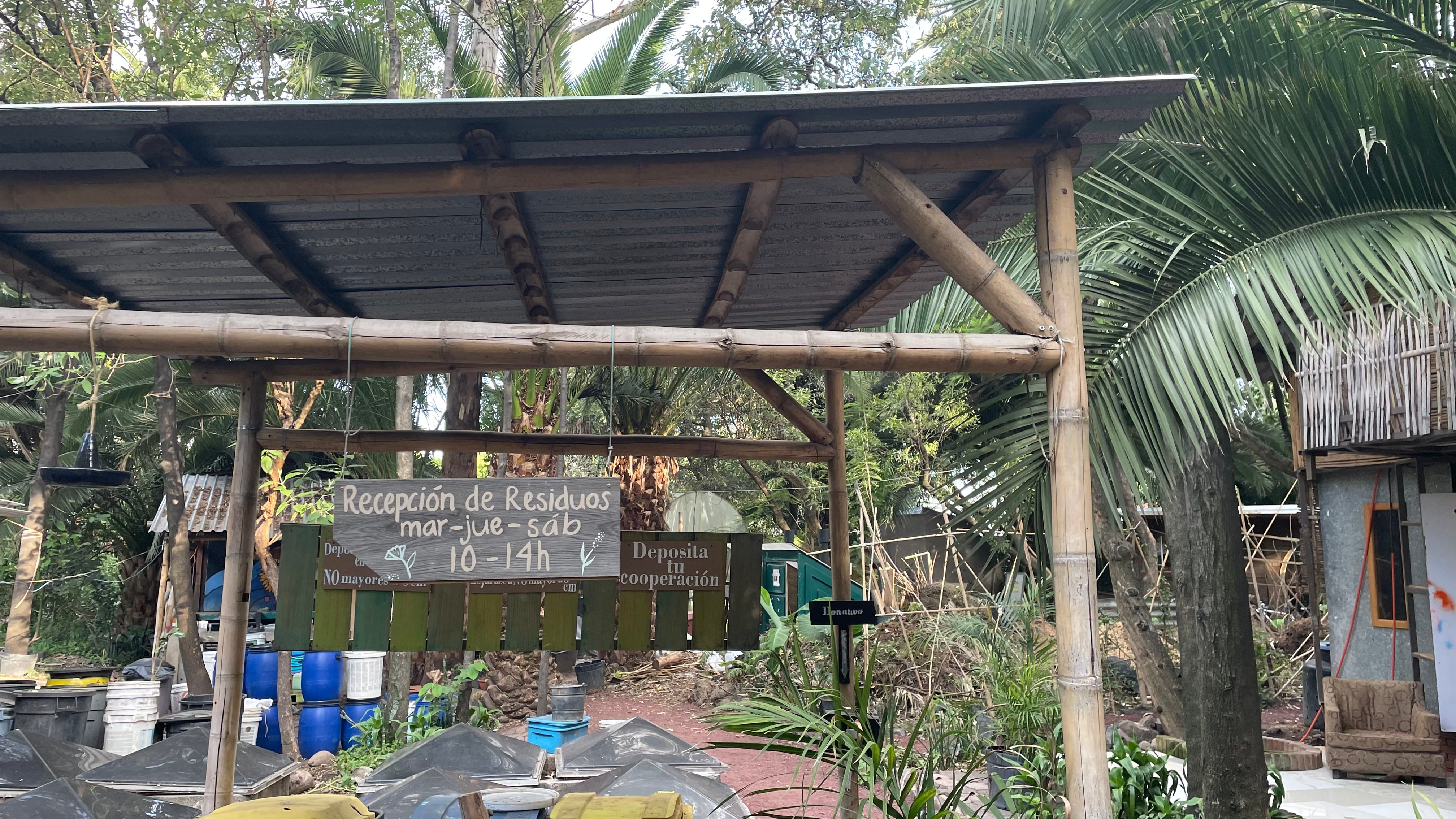
The two weeks allotted to these parts of the program went by quickly - and only upon writing this reflection did I realize how many things I have learnt during this time in Mexico City, especially with regards to leadership skills. Through the design thinking trainings by the Makesense staff, I learnt how to manage and plan my project as to make a big impact; through insightful discussions and journeys throughout these weeks, I gained insight of the environmental and social issues which had been a problem at Mexico City and beyond, and how I could do my small part in helping with these issues. I also realize now that this time had influenced the project, as well as my view of Mexico greatly - I can't claim to be an expert, but I can say that I somewhat understand the once-mysterious country of Mexico, a country filled with life, even beyond the rich culture it is known for.
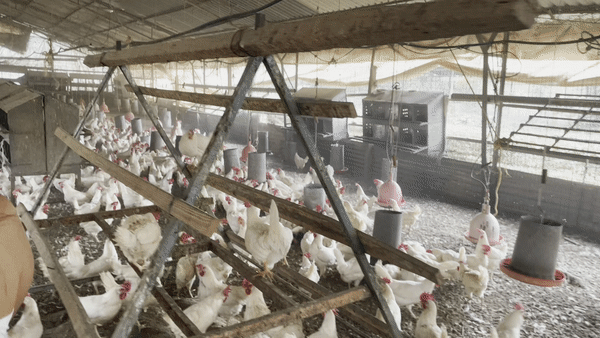
They were really polite :P
So, how did our project go?
Of course, after all that's said and done, after all the trainings and exploring Mexico City and the experiences we've had, we have a project to do - and so we set out to help Nidaria however we can.
Our original mission was to run a local census in the ‘La Roma’ neighborhood in Mexico City to survey how people manage their waste. In addition, we were to conduct research regarding how other countries manage their waste, particularly their food waste, to help Nidaria identify best practices for waste management. Over the six weeks, however, as I changed and grew, so did the scope of the project. Our project evolved to encompass more and more ideas to promote our organization, as well as inform people about good waste management.
At the end, we:
- ran a survey - we asked volunteers and makesense staff to share the survey around. In addition, we surveyed people in person, as well as during the impact carnaval.
- ran a focus group, in order to open a conversation for Nidaria with our volunteers, as well some from PROMESA, who came from different areas of Mexico City
- created and editing content for Nidaria - making flyers, research and website translation
- ran a stall at the makesense impact carnaval in order to spread awareness of the organization
- and collaborated with PROMESA scholars in regards to their tetrapack collection goals, as well as potentially opening opportunities for a symbiotic relationship
However, our project wasn’t what we expected and we faced several twists and turns along the way. Nevertheless, we were able to adapt and persevere along the way. For example, Me and my project partner Maria were planning to run a workshop at the impact carnaval, where Scholars from several other organizations were planning to run both stalls and events. However, that event fell apart when we realized that the format of the carnaval wasn't what we hoped for. Nevertheless, we made the best out of the situation by taking a game we planned for the event and doing it as its standalone event - composting bingo. We attempted to make it more informative by introducing Nidaria to people, as well as showing people how Nidaria converts food waste to animal feed. And it was a big success - apparently Mexicans love bingo! Looking back, it was plainly obvious that the "lesson" I took in resilience and adapting to the unfamiliar environment that I was in paid off :)
That aside, I am very proud to have come out of the other end and we hope we have done our best to help Nidaria. Moreover, we’re very grateful for the several volunteers who were engaged with the project, helping us bring to life all our ideas to fulfill our goals. Not only did I gain much more experience on collaboration and teamworking, as well as leading & retaining a group of volunteers and using their skills to achieve a common goal, I also met a lot of talented, passionate people who's ready to make a difference.
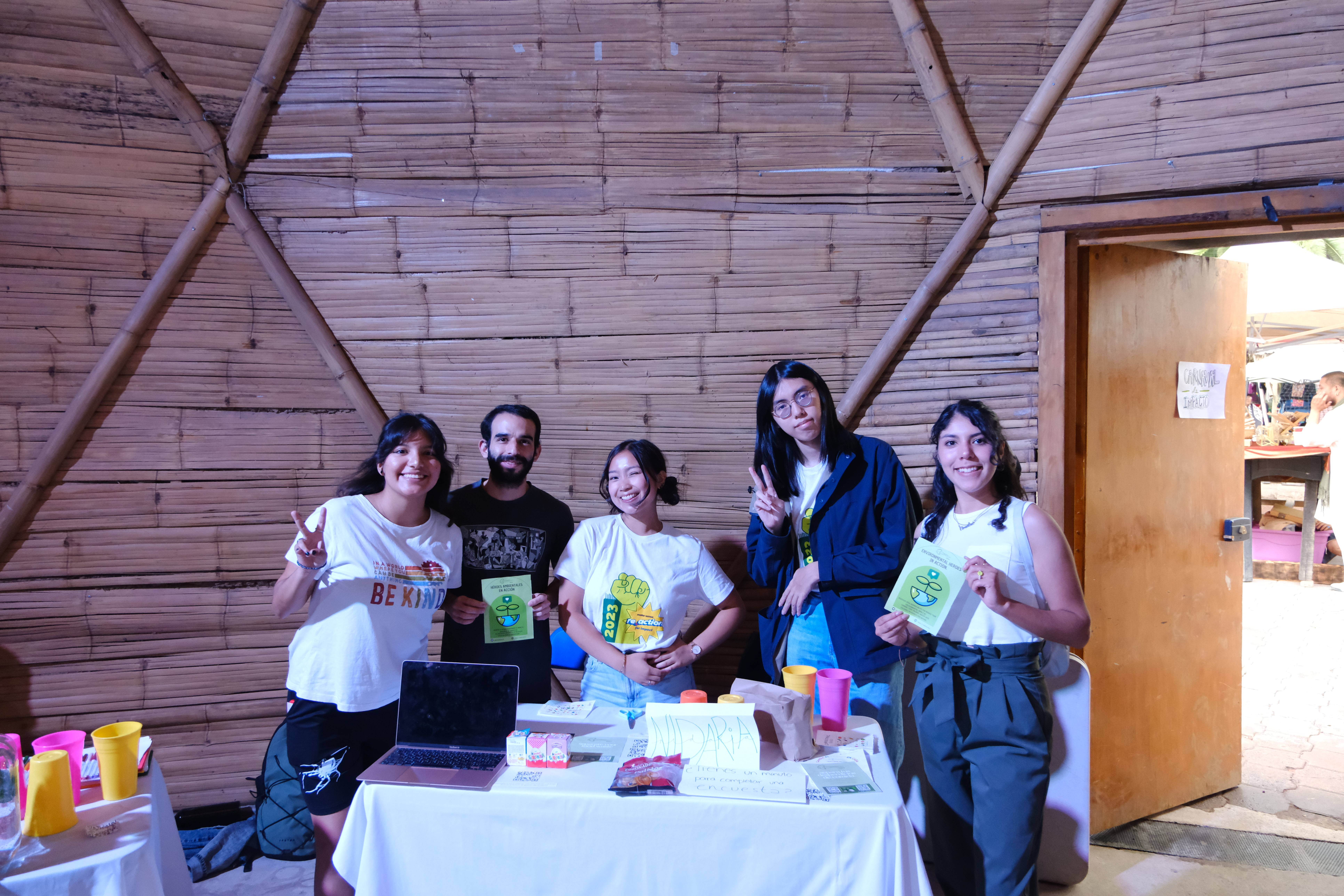
Being a Laidlaw Scholar in the future
My main takeaway from this program is something that Brenda, the person from makesense that has been guiding us throughout this journey, summarized very aptly: "Anyone can be a leader" - from those on the ground, like the hardworking folks at Huerto Roma Verde and Rodrigo, the founder of Nidaria, whose enthusiasm penetrates the screen in online meetings - to those having the knowledge to make change, like our wonderful volunteers who stuck with us throughout the project, to the people I meet and pass by in our daily lives, to even me. I used to think I was not suitable material to be a leader, to the point where I almost dropped out of the Laidlaw Scholarship because I thought completing my second year in LiA would be an insurmountable task, and reflecting on it now I see that the leader in me has always existed - I just needed a little push. I hope to bring the energy and enthusiasm I have brought to my Leadership-in-Action program with me to the future.
Moreover, as other scholars have also pointed out in their wonderful reflections, I now understand that the people we are working need isn't in need of saving, but is in need of an outsider's perspective, or just more boots on the ground. After all - as Carlos, the indigenous rights activist, put aptly, they "resist because they exist". I hope to internalize this idea when in a leadership context - no matter where I am, or what role I play.
Finally, outside of the planned activities of the program, the most important lesson I have learnt from my time in in Mexico City was to be adapt to change. The only constant is life is change - and that certainly showed during this trip. After all, I had to work on a big project in a program that I didn't know much about, in a city I didn't know much about, surrounded by people I didn't know much about. And through this experience, through everything that I've done, I'm constantly fascinated by how quickly me - and others - can adapt to change. I hope to bring this energy to my future as a Laidlaw scholar, and as myself.
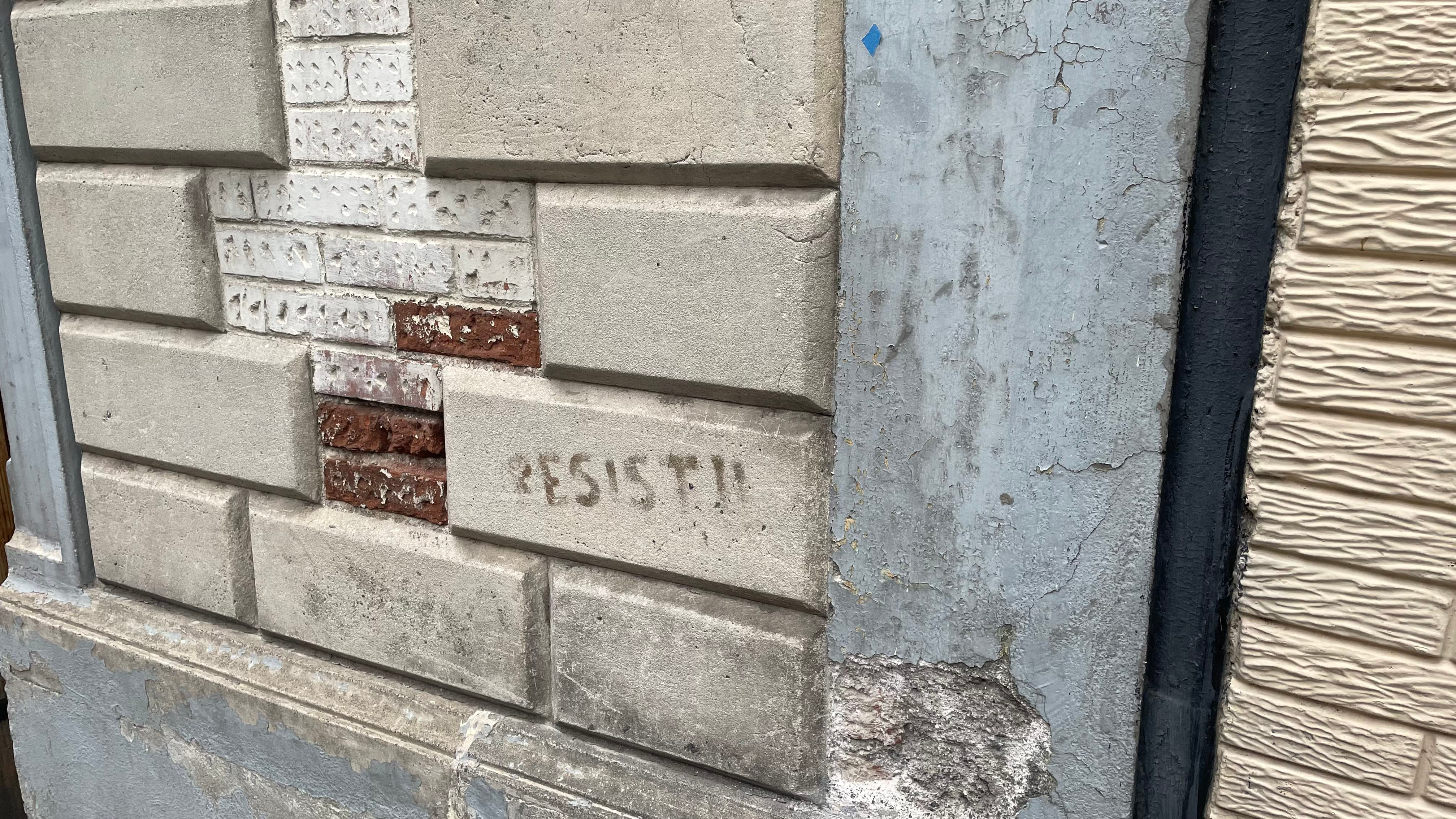
Thank you
To wrap up my reflections, I would like to finish this reflection by thanking everyone who helped me get this far: Lord Laidlaw, the Laidlaw Foundation, as well as my University's Laidlaw Coordinators, the makesense team at Mexico & the volunteers in the Nidaria group, as well as my friends and colleagues from St Andrews and beyond. Without all of you, I wouldn't have made it to the end of this amazing journey.
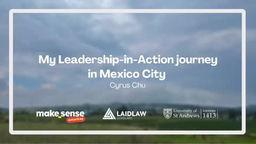
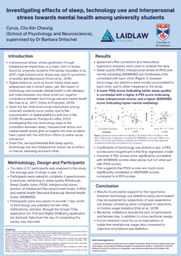

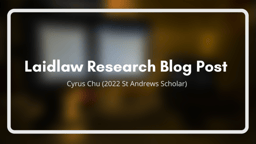
Please sign in
If you are a registered user on Laidlaw Scholars Network, please sign in